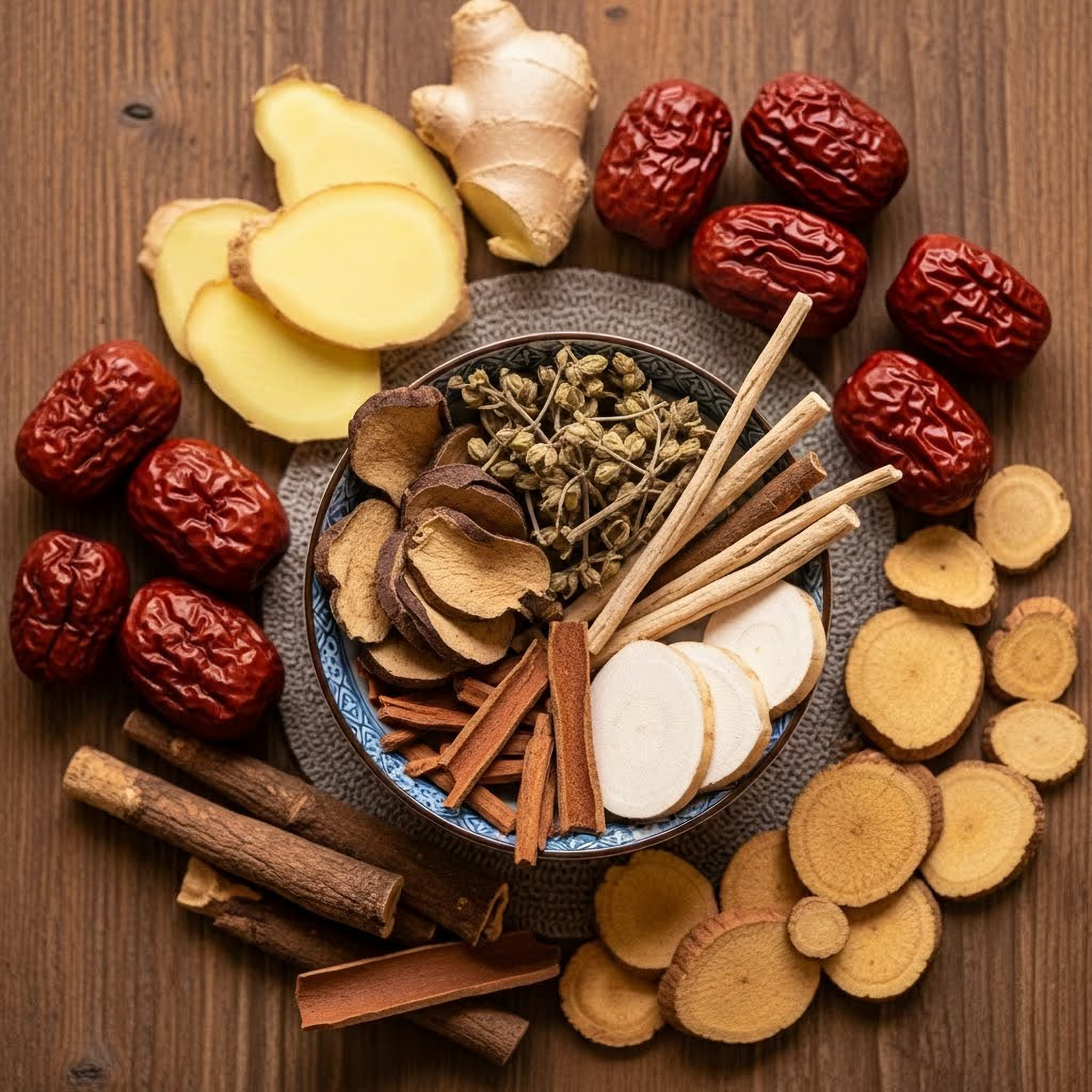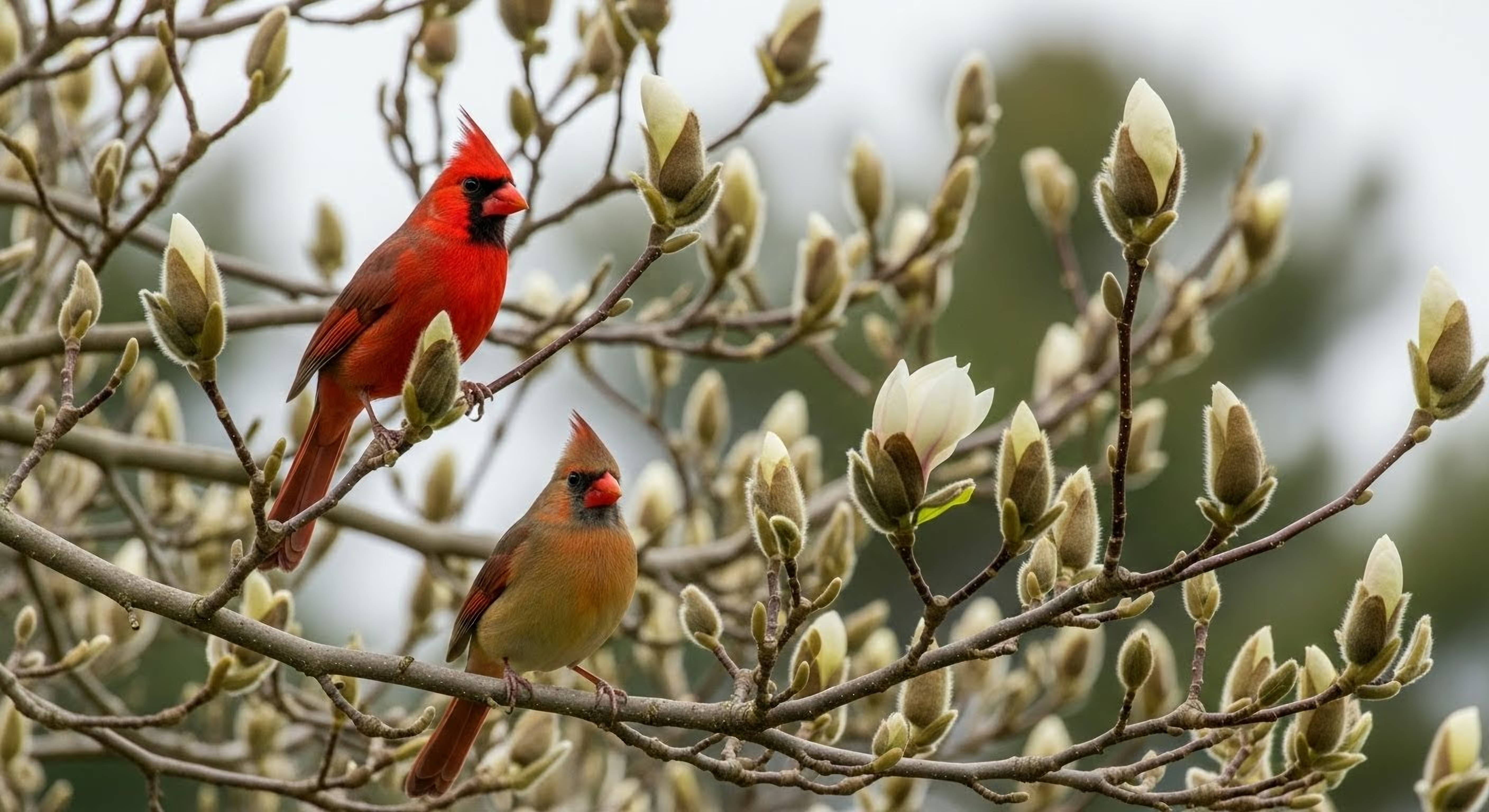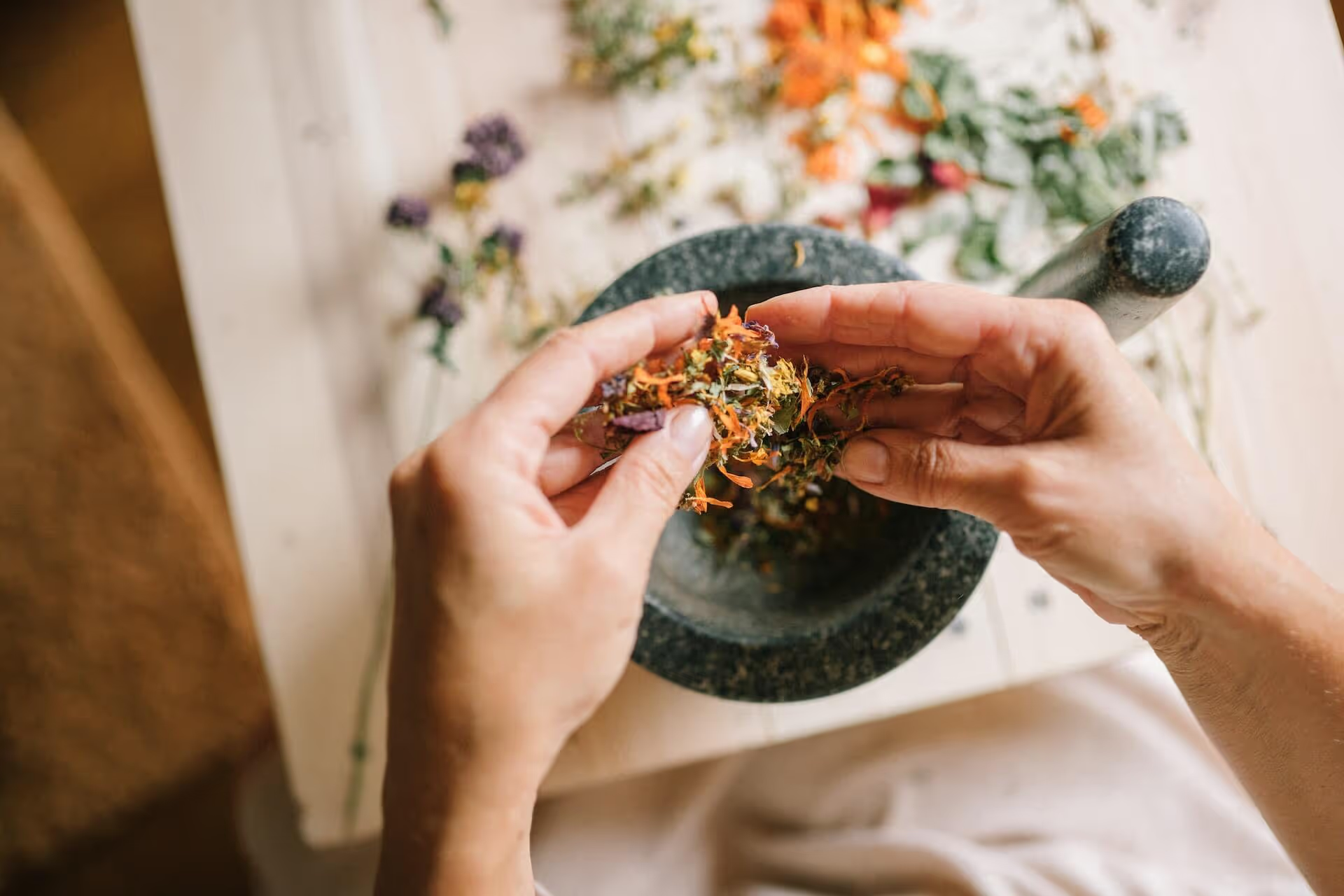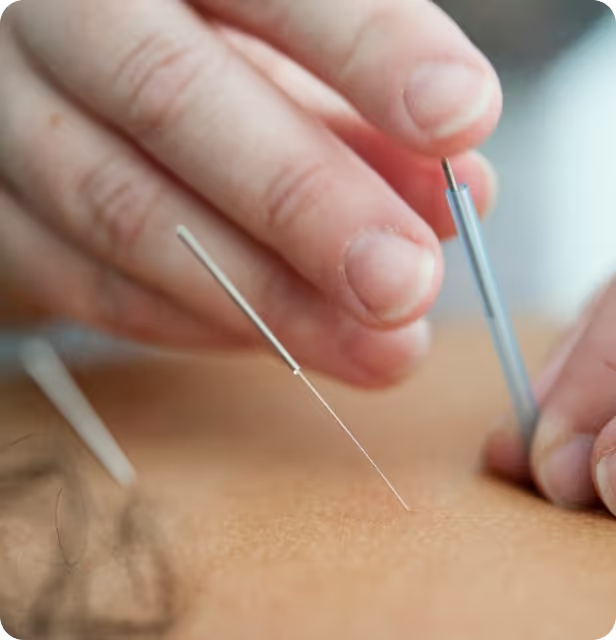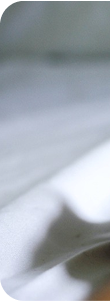Living with the monthly unpredictability of an irregular or uncomfortable cycle can be exhausting. The journey toward building a family can bring its own set of emotional and physical challenges, often leaving you feeling like you're not in sync with your own body. It’s a deeply personal struggle, and in the search for gentle, holistic support, many are turning to the ancient wisdom of Traditional Chinese Medicine (TCM). One of the most revered formulas in this tradition is Wen Jing Tang, a blend of herbs used for centuries to nurture female vitality.
This isn't about a quick fix, but rather a time-honored approach to helping the body find its own equilibrium. For those dealing with the persistent challenges of cycle-related discomfort and reproductive health questions, understanding how this ancient formula works can be a source of hope and empowerment.
What is Wen Jing Tang?
Wen Jing Tang, which translates to "Warm the Menses Decoction," is a classical herbal formula with a history spanning nearly two thousand years. It was first recorded in the Jin Gui Yao Lue (Essential Prescriptions from the Golden Cabinet), a foundational text of Chinese medicine. In the holistic language of TCM, it was designed to address patterns of "Cold and Deficiency" affecting the core energetic pathways—the Chong and Ren vessels—that are central to female reproductive health.
In more modern terms, the formula was traditionally used to address a complex pattern by:
- Promoting Healthy Circulation: The "warming" nature of key herbs like cinnamon twig and evodia fruit is believed to encourage proper blood flow to the lower abdomen. This is considered essential for promoting comfort and ease during the menstrual cycle.
- Nourishing the Body: Ingredients like dong quai and white peony root are included to "nourish the Blood." This concept is about replenishing the body's vital resources, which supports overall energy, helps build a healthy uterine lining, and even contributes to lustrous skin and hair—outward signs of inner wellness.
- Encouraging a Smooth Flow: The formula also aims to "dispel stasis," which relates to addressing feelings of sluggishness or obstruction that can manifest as discomfort, clotting, and irregularity.
By synergistically warming, nourishing, and moving, Wen Jing Tang was traditionally used to create a balanced internal environment, allowing the reproductive system to function at its best.
Modern Science Meets Ancient Wisdom: A Look at the Research
The historical reverence for Wen Jing Tang has prompted significant modern scientific investigation, particularly in the fields of gynecology and reproductive health. The findings are beginning to provide a contemporary understanding of its traditional uses.
One of the most compelling areas of research is the formula's influence on hormonal balance. A clinical study published in The American Journal of Chinese Medicine investigated the effects of Wen Jing Tang (also known by its Japanese name, Unkei-to) on women with polycystic ovary syndrome (PCOS) who were not ovulating. After eight weeks of treatment, the women showed a significant decrease in plasma luteinizing hormone (LH) levels—a key hormone that is often elevated in this group.2,6 This demonstrates a powerful modulating effect on the endocrine system.
This hormonal regulation directly impacts reproductive function. The same study found that the ovulation rate in the group that switched to Wen Jing Tang was a remarkable 59.3%, compared to just 7.4% in the group that continued with their previous, ineffective herbal preparations.2 A separate meta-analysis from 2022 further supports this, concluding that Wen Jing Tang was more effective than the common fertility drug clomiphene in improving ovulation rates, pregnancy rates, and endometrial thickness in women with ovulatory disorders.1
Beyond fertility, the formula has been studied for its role in promoting a healthy menstrual cycle. A 2017 systematic review and meta-analysis looked at 18 different studies involving over 1,700 patients with primary dysmenorrhea (painful periods). The results showed that Wen Jing Tang was significantly better than nonsteroidal anti-inflammatory drugs (NSAIDs) at improving comfort during the menstrual cycle.5 Researchers believe this is due to its ability to support healthy uterine circulation and modulate prostaglandins, compounds involved in uterine contractions.3,4
How to Incorporate Wen Jing Tang into Your Wellness Routine
Unlike single herbs that can be made into a simple tea, Wen Jing Tang is a complex and balanced formula composed of a dozen different ingredients. Because its components and their precise ratios are designed to address specific underlying patterns, it is not something to be self-prescribed. The safest and most effective way to explore this formula is to:
- Consult a Qualified Practitioner: Seek guidance from a licensed acupuncturist or herbalist who specializes in Traditional Chinese Medicine. They are trained to diagnose TCM patterns accurately.
- Receive a Personalized Assessment: A practitioner can determine if Wen Jing Tang is the right fit for your unique constitution, symptoms, and health goals. They may also modify the formula to better suit your individual needs.
- Ensure Quality and Safety: A licensed professional can provide access to high-quality, professionally sourced herbal formulas that have been rigorously tested for safety, purity, and potency.
Important Considerations
Before adding any new supplement to your regimen, it's essential to make informed choices. The principles of TCM are highly individualized; what works for one person may not be suitable for another. Consulting with a healthcare provider who understands your complete health history is the best first step to ensure any new practice is safe and appropriate for you, especially if you are taking other medications or have underlying health conditions.
Disclaimer
These statements have not been evaluated by the Food and Drug Administration. This product is not intended to diagnose, treat, cure, or prevent any disease. Always consult with your healthcare provider before starting any new supplement or wellness regimen.
References
- Ushiroyama, T., Hosotani, T., Mori, K., Yamashita, Y., Ikeda, A., & Ueki, M. (2006). Effects of switching to Wen-Jing-Tang (Unkei-To) from preceding herbal preparations selected by eight-principle pattern identification on endocrinological status and ovulatory induction in women with polycystic ovary syndrome. The American journal of Chinese medicine, 34(2), 177–187.
- Ushiroyama, T., Hosotani, T., Mori, K., Yamashita, Y., Ikeda, A., & Ueki, M. (2006). Effects of switching to wen-jing-tang (unkei-to) from preceding herbal preparations selected by eight-principle pattern identification on endocrinological status and ovulatory induction in women with polycystic ovary syndrome. PubMed, PMID: 16552830.
- Ushiroyama, T. (2003). Endocrinological actions of Unkei-to, a herbal medicine, and its clinical usefulness in anovulatory and/or infertile women. Reproductive Medicine and Biology, 2(2), 45-61.
- Gao, L., et al. (2024). The clinical value of acupuncture combined with Wenjing decoction in treating primary dysmenorrhea in women—a systematic review and meta-analysis of randomized controlled trials. Frontiers in Physiology, 15.
- Ushiroyama, T. (2003). Endocrinological actions of Unkei‐to, a herbal medicine, and its clinical usefulness in anovulatory and/or infertile women. Reproductive Medicine and Biology, 2(2), 45-61.
- Yo San University. (n.d.). Treatment of Anovulation of Polycystic Ovary Syndrome Patients with Chinese Herbal Medicine: A Literature Review Synthesis. Yo San University.
- Gao, L., Jia, C., Zhang, Y., & Ma, C. (2017). Wenjing decoction (herbal medicine) for the treatment of primary dysmenorrhea: a systematic review and meta-analysis. Archives of gynecology and obstetrics, 296(5), 865–875.
- ResearchGate. (2017). Wenjing decoction (herbal medicine) for the treatment of primary dysmenorrhea: a systematic review and meta-analysis. ResearchGate.
- Dr. Vitalis Acupuncture Auckland. (2023). Chinese herbal medicines for PCOS show a promise. Dr Vitalis Acupuncture Auckland.
- OUCI. (2017). Wenjing decoction (herbal medicine) for the treatment of primary dysmenorrhea: a systematic review and meta-analysis. OUCI.
- Ushiroyama, T. (2003). Endocrinological actions of Unkei-to, a herbal medicine, and its clinical usefulness in anovulatory and/or infertile women. springermedizin.de.
- Li, R., et al. (2022). Clinical efficacy of Wenjing decoction in the treatment of ovulatory disorder infertility: A systematic review and meta-analysis. Medicine, 101(10), e28943.
- Healthcare Medicine Institute. (2021). The Chinese herbal formula Wen Jing Tang with acupuncture can improve premature ovarian failure. Healthcare Medicine Institute.
- Chen, H. Y., et al. (2018). Investigation on the Use of Traditional Chinese Medicine for Polycystic Ovary Syndrome in a Nationwide Prescription Database in Taiwan. Evidence-based complementary and alternative medicine : eCAM, 2018, 9549516.
- Ushiroyama, T. (2007). Practice use of Unkeito (Wen-jing-tang), a herbal medicine, in the management of women's health. J-Stage.
- Health Lab. (2025). Wen Jing Tang: A Time-Honored Remedy for Women's Health. Health Lab.
- Healthcare Medicine Institute. (2021). The Chinese herbal formula Wen Jing Tang improves blood flow to the uterus. Healthcare Medicine Institute.
- Hsu, C. S., Yang, J. K., & Yang, L. L. (2003). Effect of a dysmenorrhea Chinese medicinal prescription on uterus contractility in vitro. Phytotherapy research : PTR, 17(7), 778–783.


